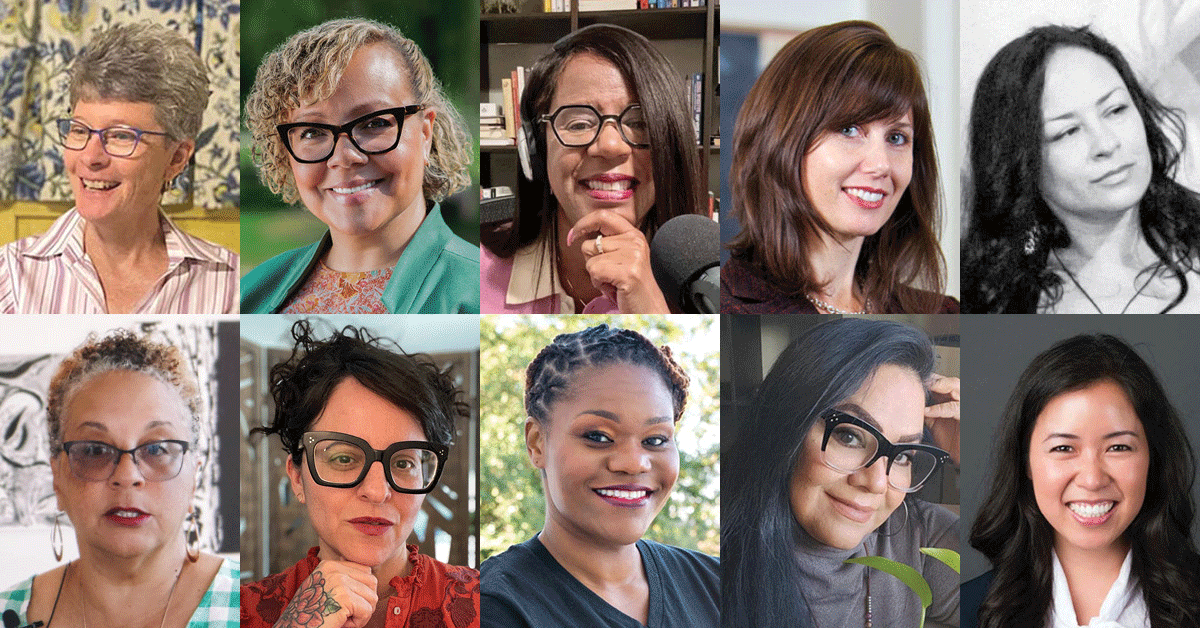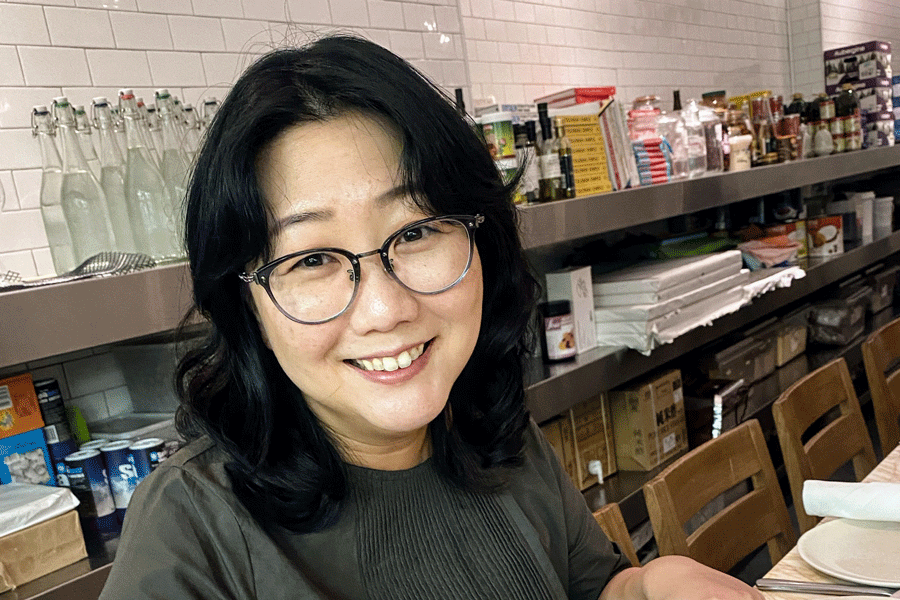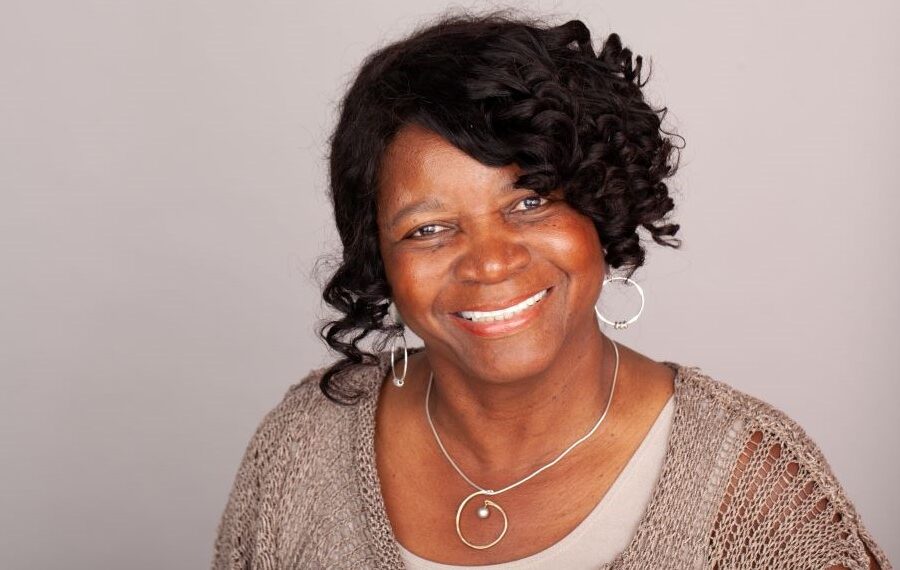This Women’s History Month, we want to highlight ten Antiochian women who, in their own way, are advocating for equity, diversity, and inclusion. Read profiles of the Chair of Antioch’s Board of Governors, a student bringing sex therapy to her Japanese-American community, a writer excavating her past, a documentary filmmaker helping others tell their stories, an educator empowering students, a therapist working on the problem of Black maternal mortality, a dean passionate about reaching underserved populations, and a mobility activist fighting for safer streets. Listen to podcast interviews with an educator redefining literacy and an activist teaching Black entrepreneurs to resist centuries of financial oppression and build resilience in their families and communities.
These stories, taken together, provide a narrow but vital window into the countless contributions made by women at Antioch and around the world.
Leading Antioch Forward: A Profile of Board Chair Carole Isom-Barnes
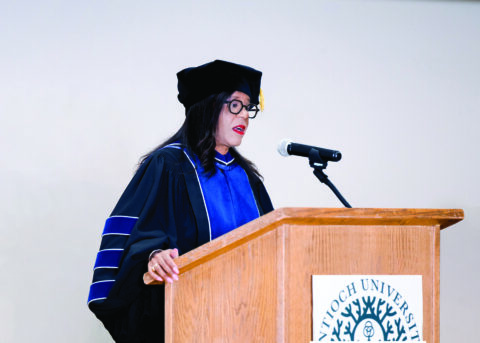
On a winter evening in 1991, in a hotel room in Charlotte, North Carolina, Carole Isom-Barnes found herself considering what she wanted to do with her life. The snow fell at a tender pace. The streets were empty and quiet, with no sound of traffic and vibrant city ambiance. Horns, sirens, chatter, and the like were muted. During this still moment of inner reflection, a profound shift occurred: Isom-Barnes realized that North Carolina was where she needed to be…
The Importance of Writing When the World Wishes You Wouldn’t
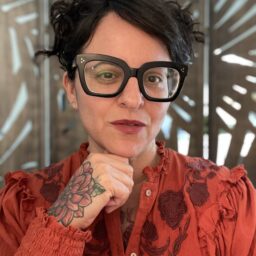
Wendy Ortiz came to Antioch as a young person with an important story to excavate. She found literary mentorship, a psychology career, and even lifelong partnership. But that doesn’t mean the rest has been simple…
Working Towards Justice Through Bilingual, Culturally Responsive Early Childhood Education
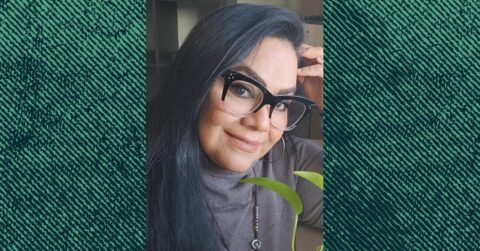
The standard model of a teacher education curriculum has the student teachers absorbing lectures, moving through different subjects, preparing their own lesson plans, and eventually heading out for placements in real-life classrooms. Unfortunately, says Samantha Carrillo, a faculty member in Antioch’s School of Undergraduate Studies, the way teachers are taught often is replicated in their K-12 classrooms. Her solution to this problem is to be responsive to the lived experiences of her students from the beginning—and in some ways, to let them lead the course from the very start…
Pia Alexander Is Fighting Systemic Racism Through Therapy, Research, and Activism
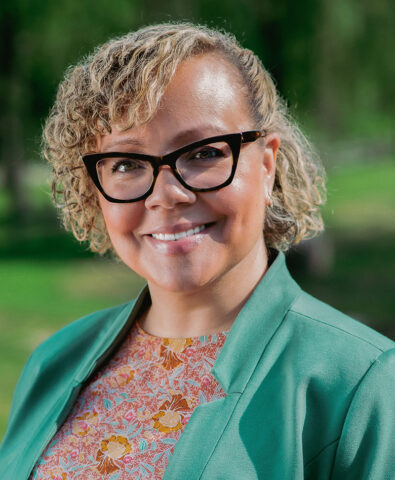
Many Americans struggle to recognize the ways that systems that claim to help Black people and others facing discrimination sometimes end up actually harming them, despite the seemingly good intentions of those who set the systems up. For Pia Alexander, though, she doesn’t have to look far to see this pattern in action. She can just think back on her own experience as a kid in New York City’s public school system when she was identified as academically promising and promptly plucked out of her neighborhood elementary school in St. Albans, Queens, and sent to a different, better school district. “Better,” explains Alexander, “really was synonymous with a white school district.”
Making the Streets Safer—For Bikes, Walkers, and Kids
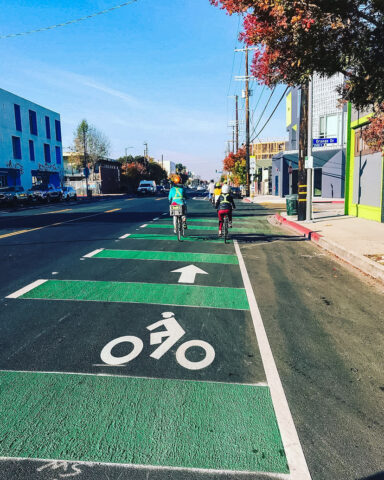
Growing up in Los Angeles, Yolanda Davis-Overstreet spent the ubiquitous sunny afternoons of her childhood pedaling up and down city sidewalks. A child of the sixties, she loved her bike, with its ape hangers and golden banana seat. In high school, sometimes she would put her bike into the car and drive to Marina Del Rey for a leisurely ride down the shoreline bike path. “Those are some of my fondest memories,” she says. As a young person, she didn’t question why she had to leave her neighborhood to ride on paths built exclusively for bikes…
Leveraging Her Identity and Experience, Marina Masaki Brings Mental Health Awareness to Asian-American Communities
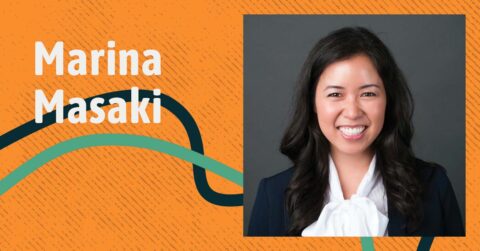
When she was a kid, Marina Masaki’s family didn’t talk openly about sex. This wasn’t unusual for a young person growing up in the U.S., and in particular in Japanese-American families like the one she grew up in. Many parents are uncomfortable discussing sexuality with their children. But today Masaki sees how this can put kids at risk later on. She wants to change that, because at some point in their lives almost everyone will need to communicate about intimacy…
Supporting Voices and Telling Stories: Tracy Rector is Doing the Work
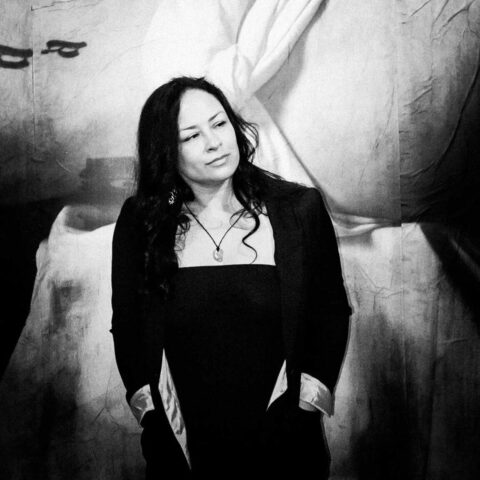
Everything I do is truly collaborative work,” says Tracy Rector, a storyteller who has directed and produced over 400 short films and five feature documentaries. Rector explains that “it’s really central to my personal philosophy as an artist and activist: amplifying other voices, opening doors and bringing people through those doors, and always sharing opportunities.” The result of collaborations like these, which often involve working alongside Indigenous storytellers—Rector herself is of mixed Black, Choctaw, Jewish, Scottish, French, and Irish ancestry—are stories that weave together community and sometimes hold the potential to bring about transformation…
Heather Cheney on Literacy and Justice
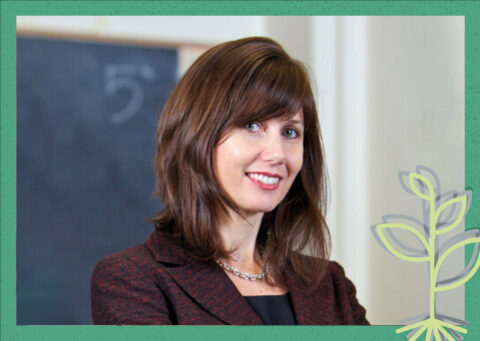
As extremist school boards ban thousands of books, Republican governors restrict what subjects can be taught, and red-state legislatures seek to make English the only language allowed in public classrooms, questions of how literacy is defined and taught are extremely urgent. That’s why we had interviewed literacy scholar Heather Cheney on the Seed Field Podcast. Everyone who cares about the education of future generations should know about the unequal ways that different kinds of literacy are accorded power in our society—and what we can do to change that.
Passion for Using Online Education to Reach Underserved Students Leads Mary Ann Short to New Role as Associate Dean
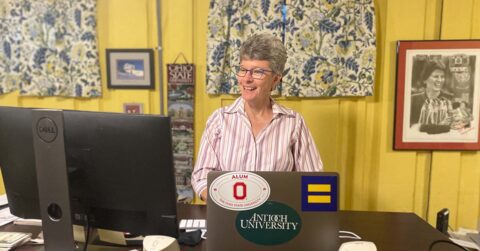
A few years ago, Mary Ann Short called an HR representative to resolve an insurance issue. It was one of those phone calls that you put off, and then on the day you actually make the call, as the phone rings, you prepare yourself for a complex negotiation. To say she was not expecting a life-changing experience would be an understatement. But then she got through to the representative, and the rep asked her if she was the Mary Ann Short, the one who teaches in the graduate management programs at Antioch University. The rep told Short that she was a former student—and that she was in her current position because of one of the training programs Short had personally set up…
Centuries of Oppression Built the Racial Wealth Gap. Can Black Entrepreneurs Heal It?
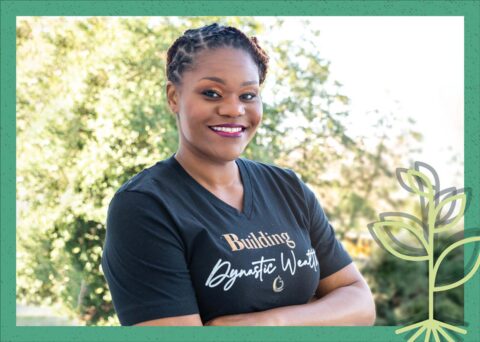
White Americans are 60% of the population but hold 84% of total U.S. wealth—while Black Americans make up 13% of the population but hold only 4% of the wealth. This injustice has many causes, but for PhD in Leadership and Change alum LaTanya White, the more interesting question is how to empower individuals to solve it for themselves and their own families. In this episode of the Seed Field Podcast, we talk to LaTanya about her dissertation researching Black Dynastic Wealth and the strategies Black entrepreneurs can use to help resist centuries of financial oppression and build resilience in their families and communities.

